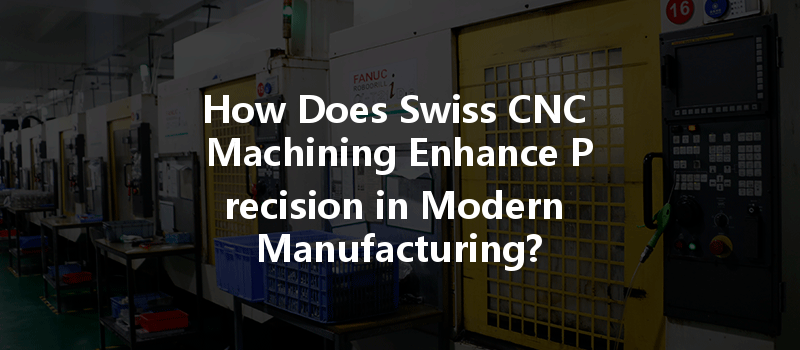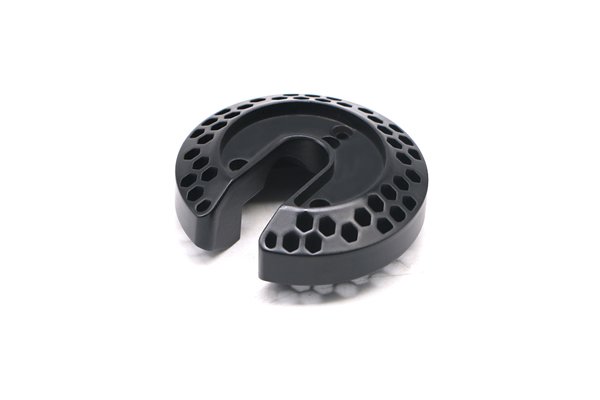*
In the evolving landscape of modern manufacturing, precision is not just a luxury; it is a necessity. Amidst this dynamic terrain, Swiss CNC machining stands out as a beacon of innovation, efficiency, and unparalleled accuracy. As industries around the globe march towards automation and digitization, the need for complex, high-quality components has surged. At YL Machining, we pride ourselves on leveraging the advanced capabilities of Swiss CNC machining to pave the path towards excellence in metal fabrication. Join us as we delve into the intricacies of Swiss CNC machining, explore its transformative impact on the manufacturing world, and illustrate how we at YL Machining lead the way in quality and precision.
—
Understanding Swiss CNC Machining
What is Swiss CNC Machining?
Swiss CNC machining is a specialized manufacturing process that evolved from traditional Swiss watchmaking. This technique utilizes computer numerical control (CNC) machinery that enables the precise production of intricate parts, commonly characterized by their tight tolerances and fine finishes. The defining feature of Swiss machining is the sliding headstock, which allows for the creation of exceptionally small and complex components while maintaining superior accuracy.
The Evolution and Advantages
Once the hallmark of the Swiss watchmaking industry, Swiss CNC machining has transitioned into numerous sectors, including aerospace, medical devices, automotive, and electronics. The core advantages of Swiss CNC machining lie in:
Key Characteristics
—
Swiss CNC Machining vs. Traditional Machining
Understanding the differences between Swiss CNC machining and traditional machining methods is crucial for those in the manufacturing domain.
Components and Features
Applications Comparison
—
The Process of Swiss CNC Machining
Step-by-Step Breakdown

Innovation Through Technology
At YL Machining, we harness cutting-edge technology in our Swiss CNC machining processes, employing integrated quality control systems and data analytics to ensure measurable improvements in efficiency and productivity.
—
Case Studies: Success Stories at YL Machining
Case Study 1: Aerospace Component Production
In working with an aerospace client, our team utilized Swiss CNC machining to produce a series of titanium components that were not only lightweight but also exceptionally durable. Through strategic material selection and optimized machining parameters, we managed to decrease production time by 30% while maintaining an outstanding tolerance of ±0.002 inches.
Case Study 2: Medical Device Manufacturing
Our collaboration with a medical device manufacturer presented the task of creating complex implants. Utilizing our Swiss CNC machines, we achieved an intricate geometry that not only met regulatory standards but also provided a comfortable fit for patients. The outcome facilitated enhanced patient recovery times, showcasing how precision in machining translates to better health outcomes.
—
Challenges of Swiss CNC Machining and Solutions
Addressing Common Challenges
While Swiss CNC machining offers numerous advantages, it is not without its challenges.
—
Future Trends in Swiss CNC Machining
Advancements in Technology
The road ahead for Swiss CNC machining is paved with technological advancements:
The Role of Sustainability
As the industry shifts towards sustainable practices, Swiss CNC machining can adapt by optimizing material use and reducing waste, all while maintaining impeccable quality. YL Machining is committed to pioneering sustainable practices that ensure the longevity of our planet and resources.
—
As we stand on the brink of a new era in manufacturing, Swiss CNC machining represents both the pinnacle of precision engineering and the promise of innovation. Through our dedication to quality, efficiency, and sustainability, YL Machining is not merely a participant in this evolution; we are a leader. By embracing the transformative power of Swiss machining, we empower industries to reach unprecedented heights of excellence. Join us as we shape the future of manufacturing, one precisely crafted component at a time.
Thank you for taking the time to explore this remarkable journey with us – we look forward to keeping you informed and inspired as we navigate this ever-evolving landscape of Swiss CNC machining together.



